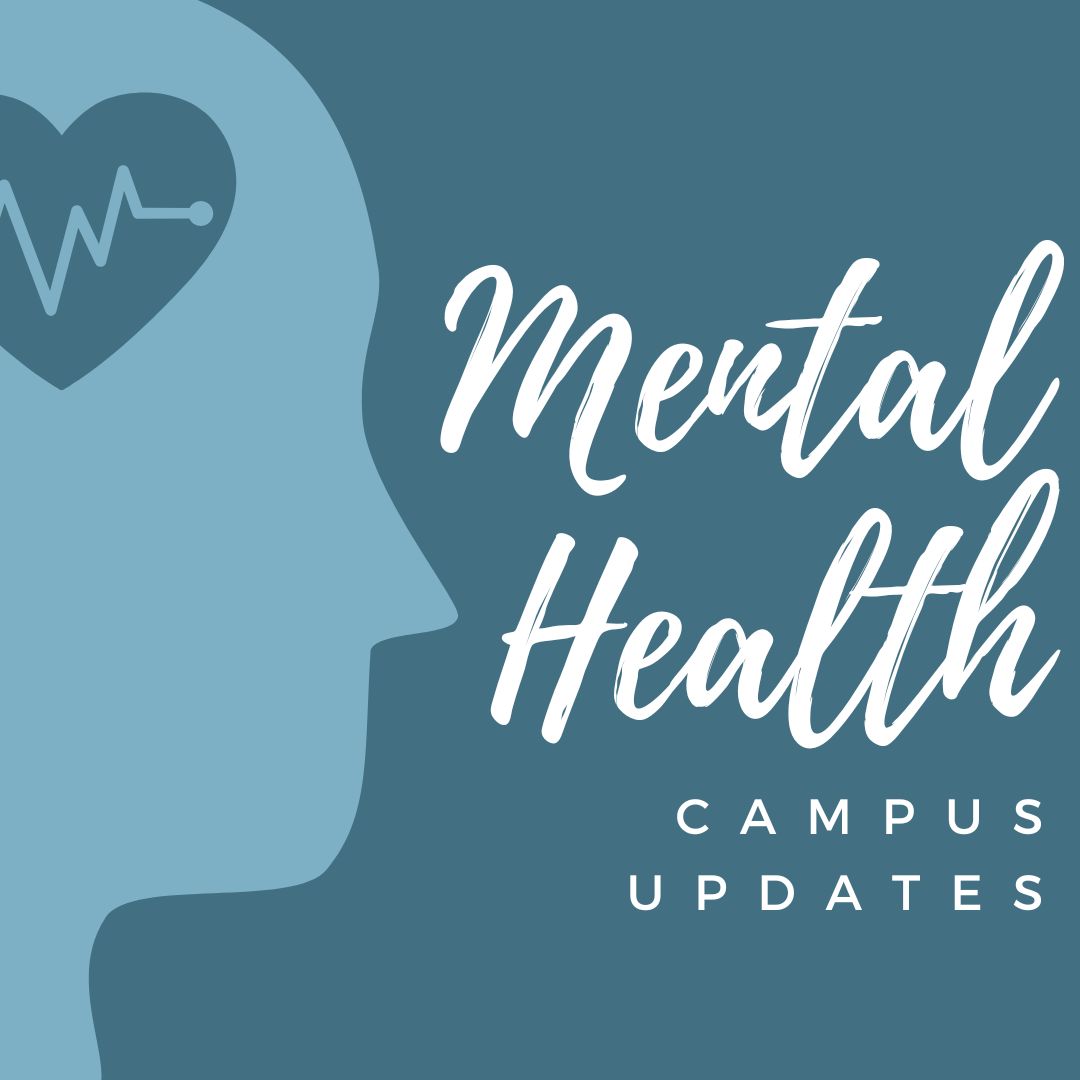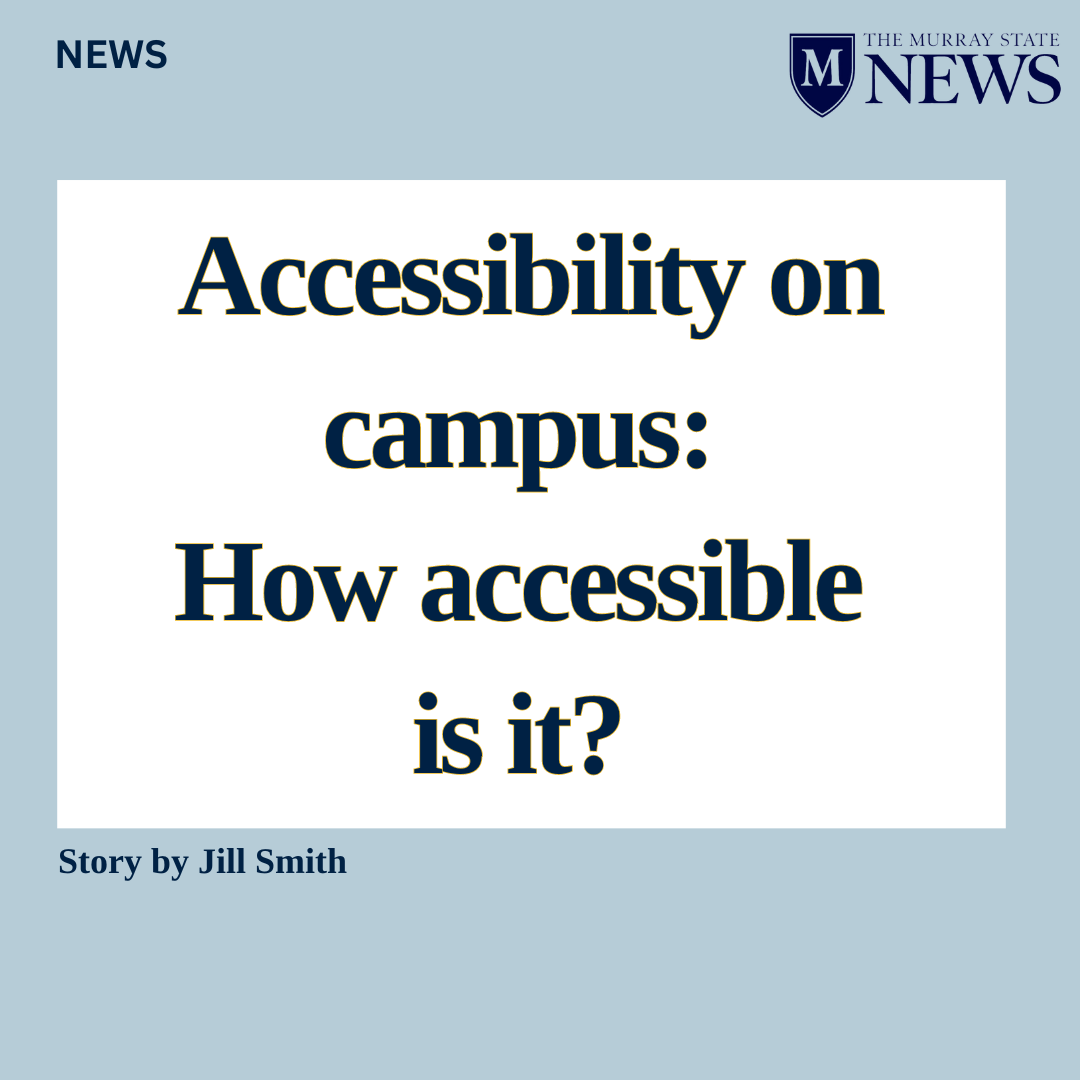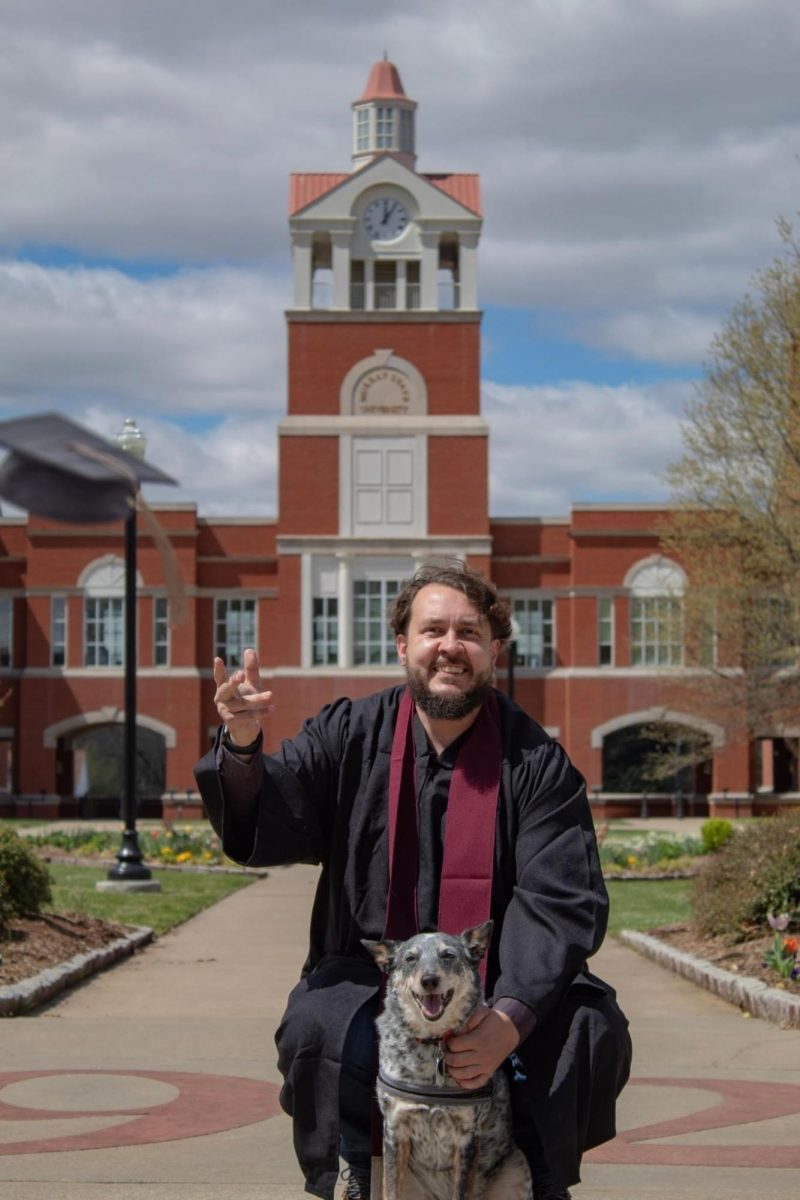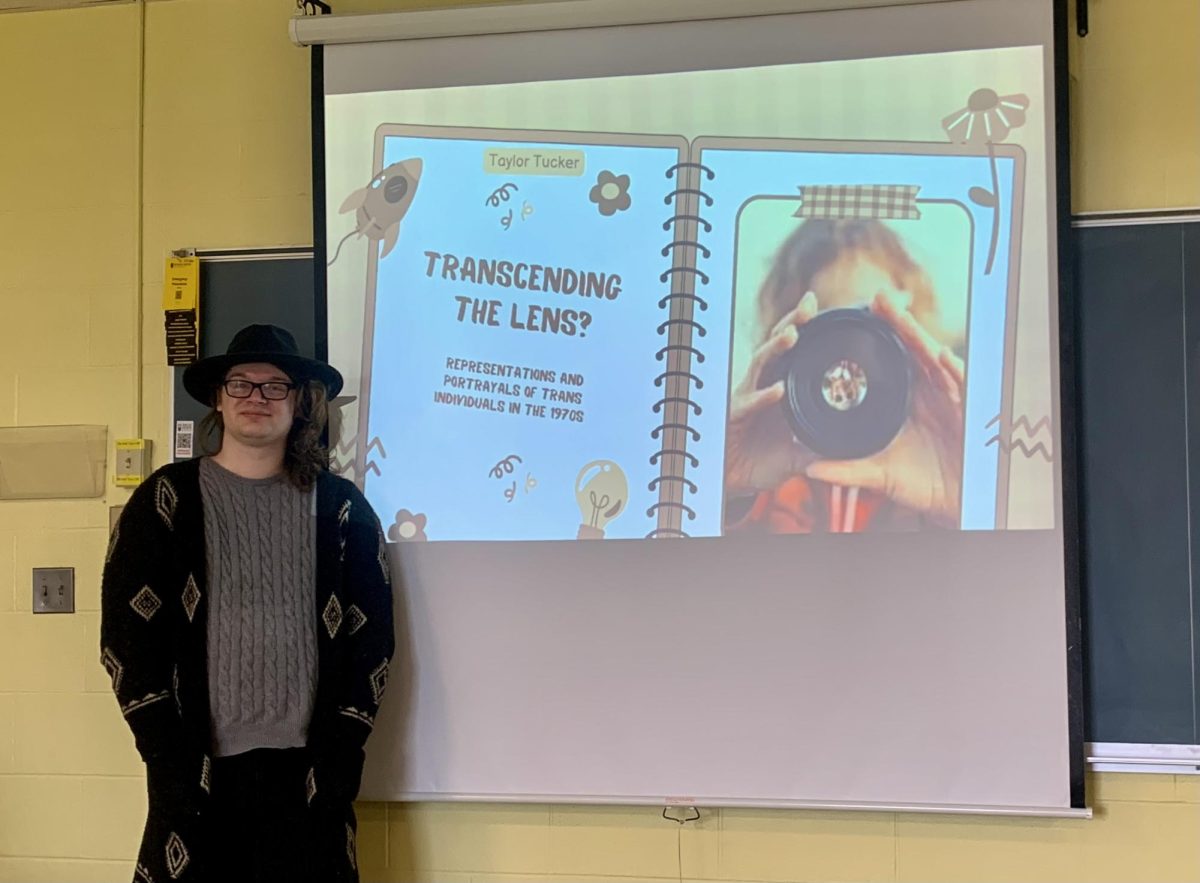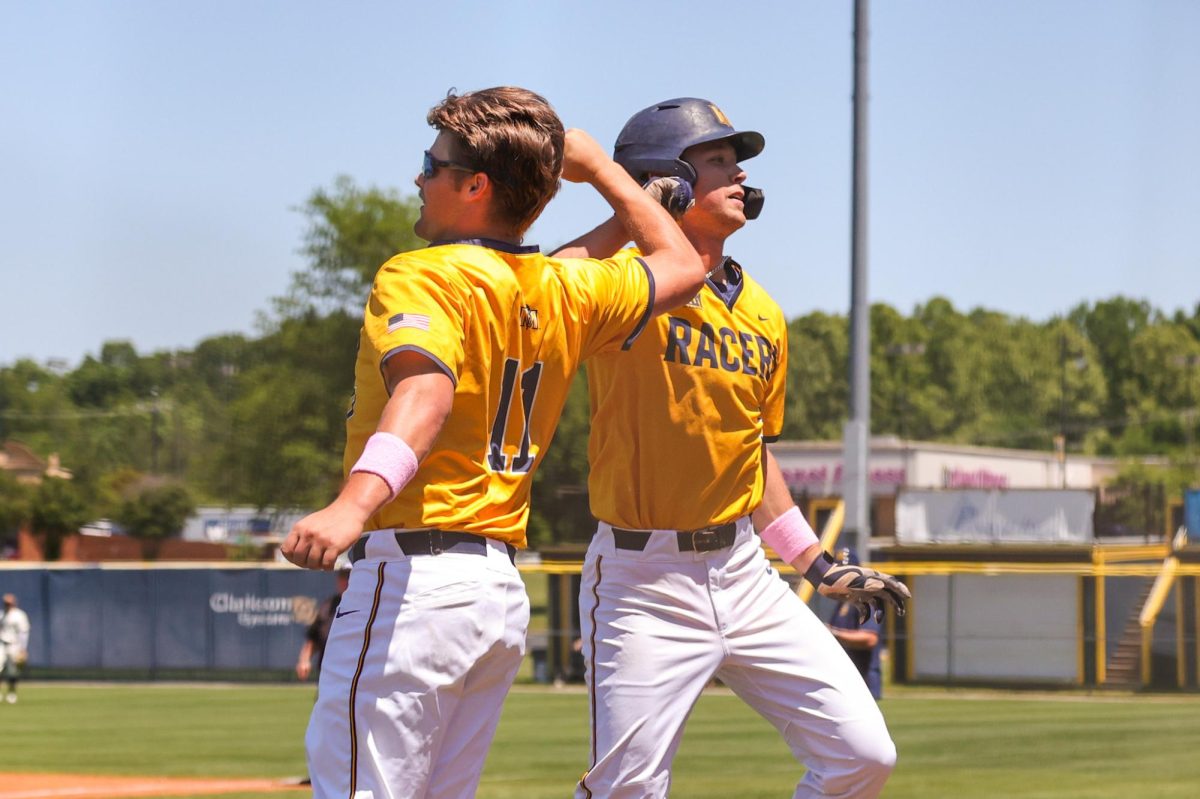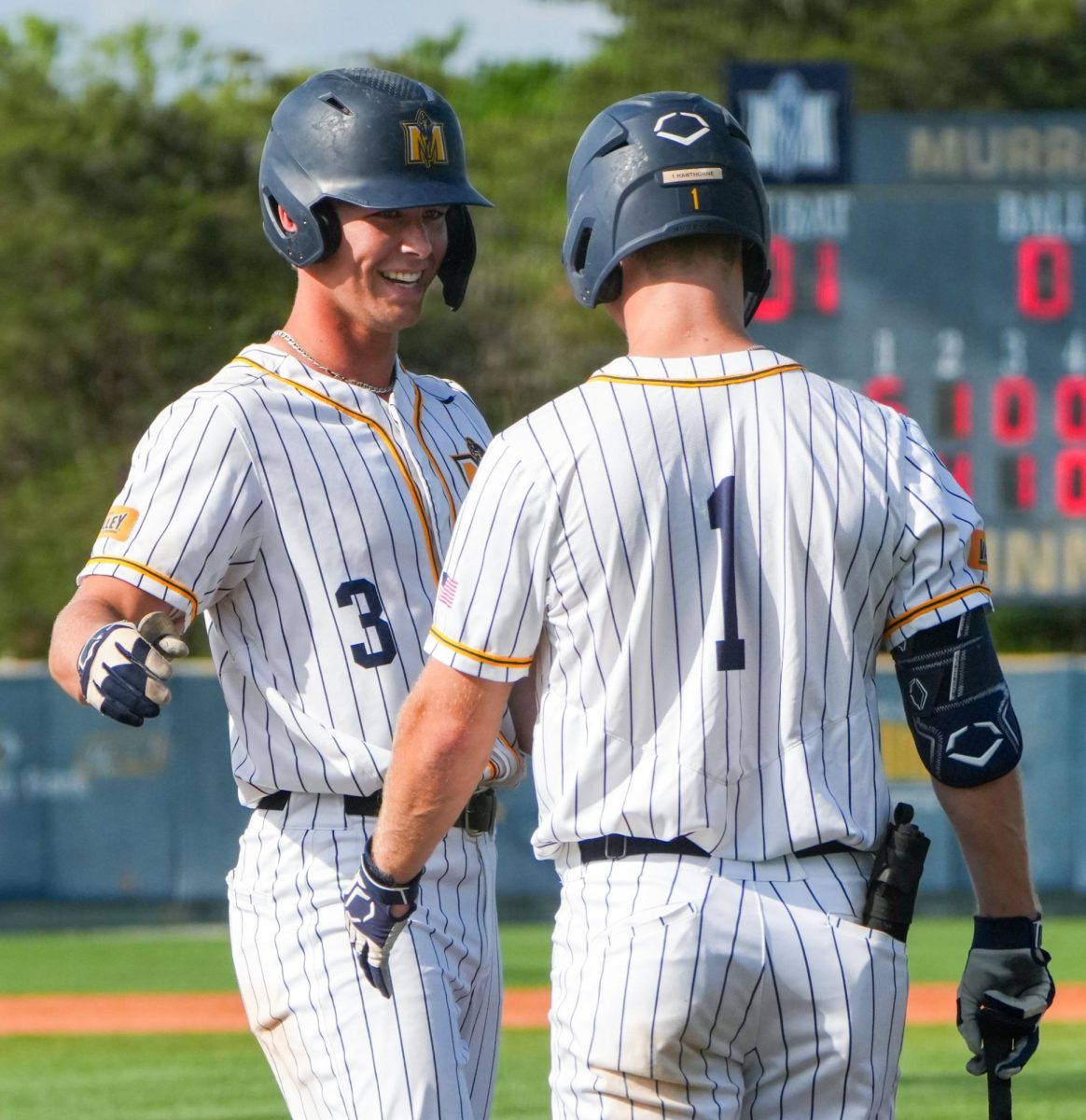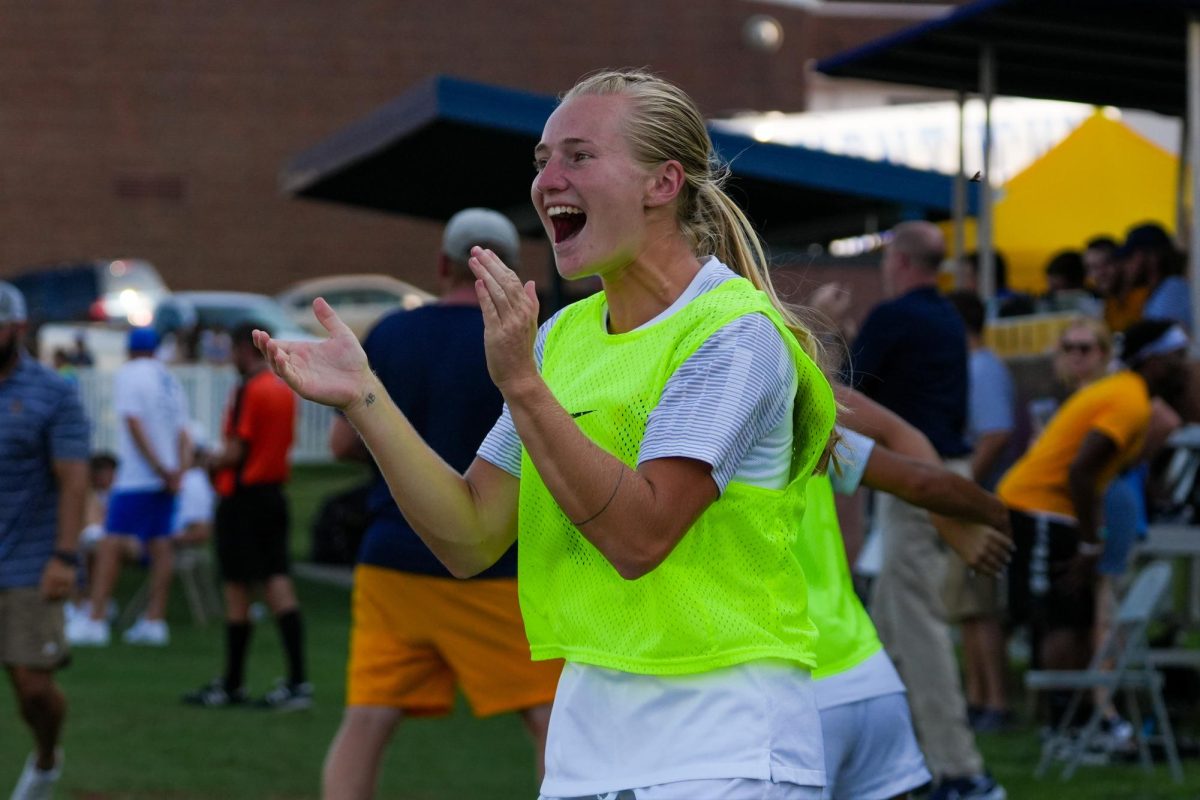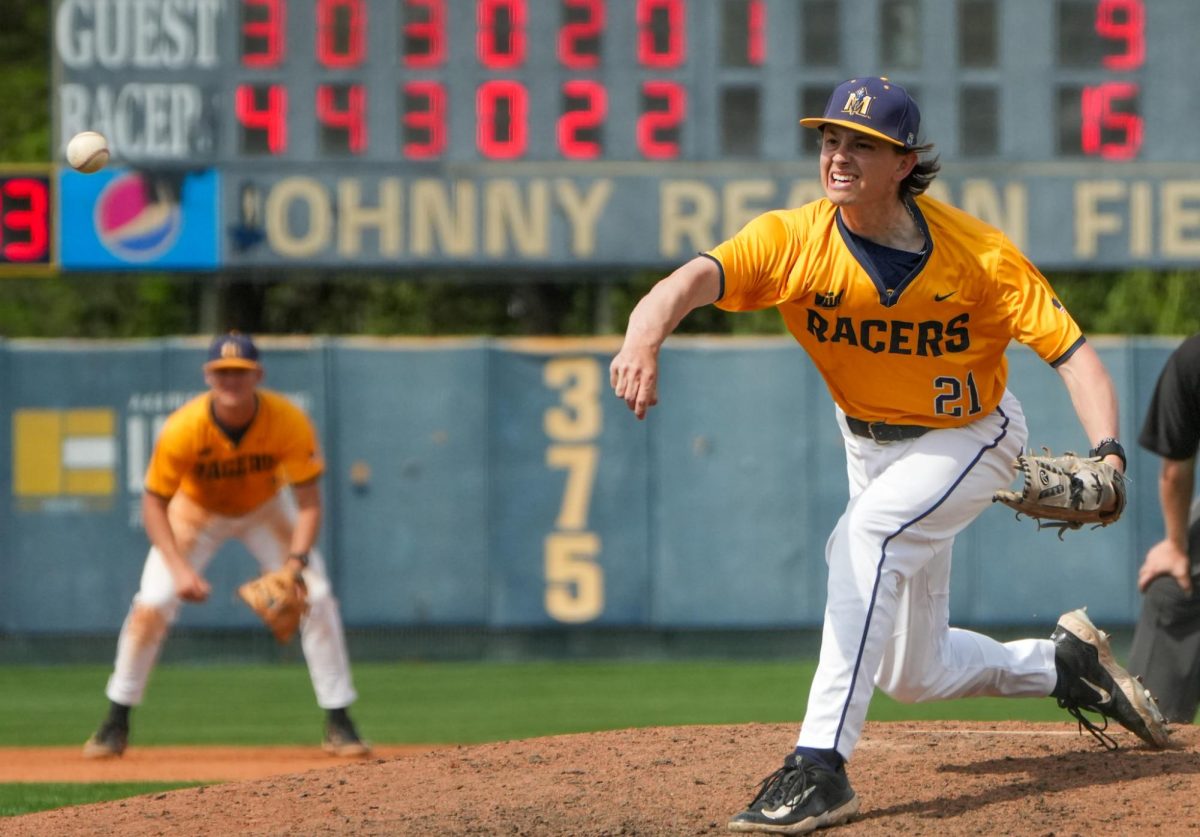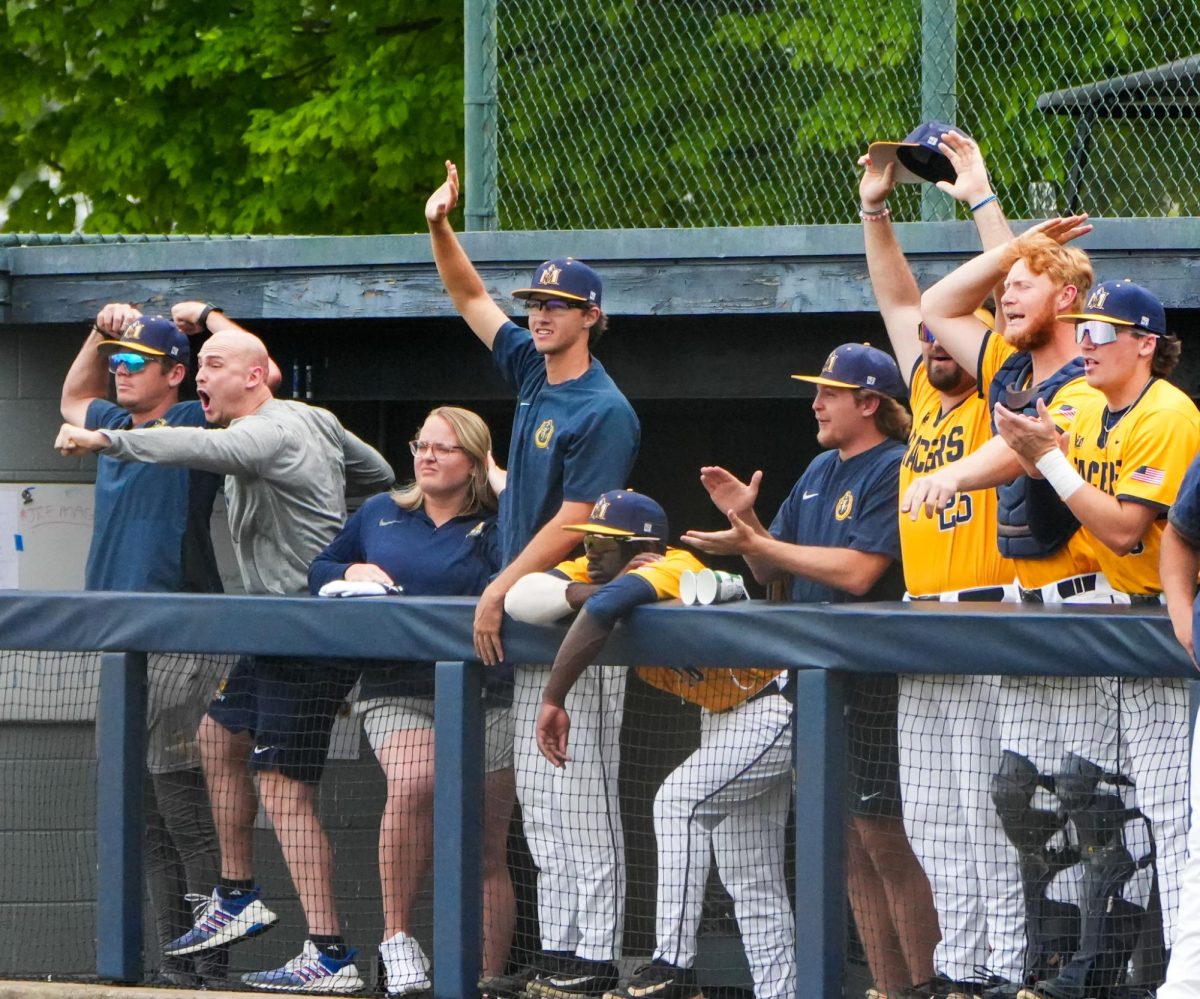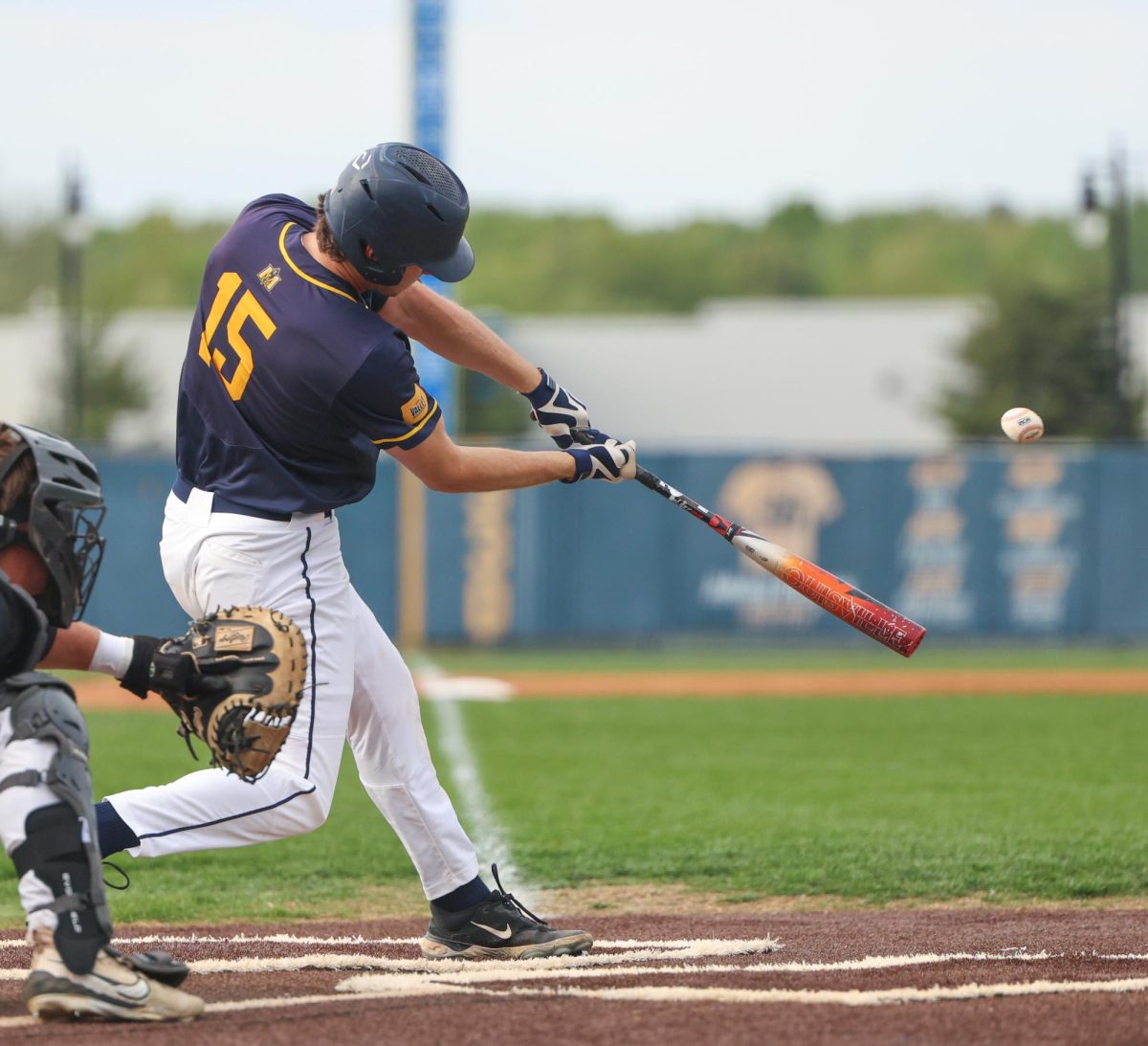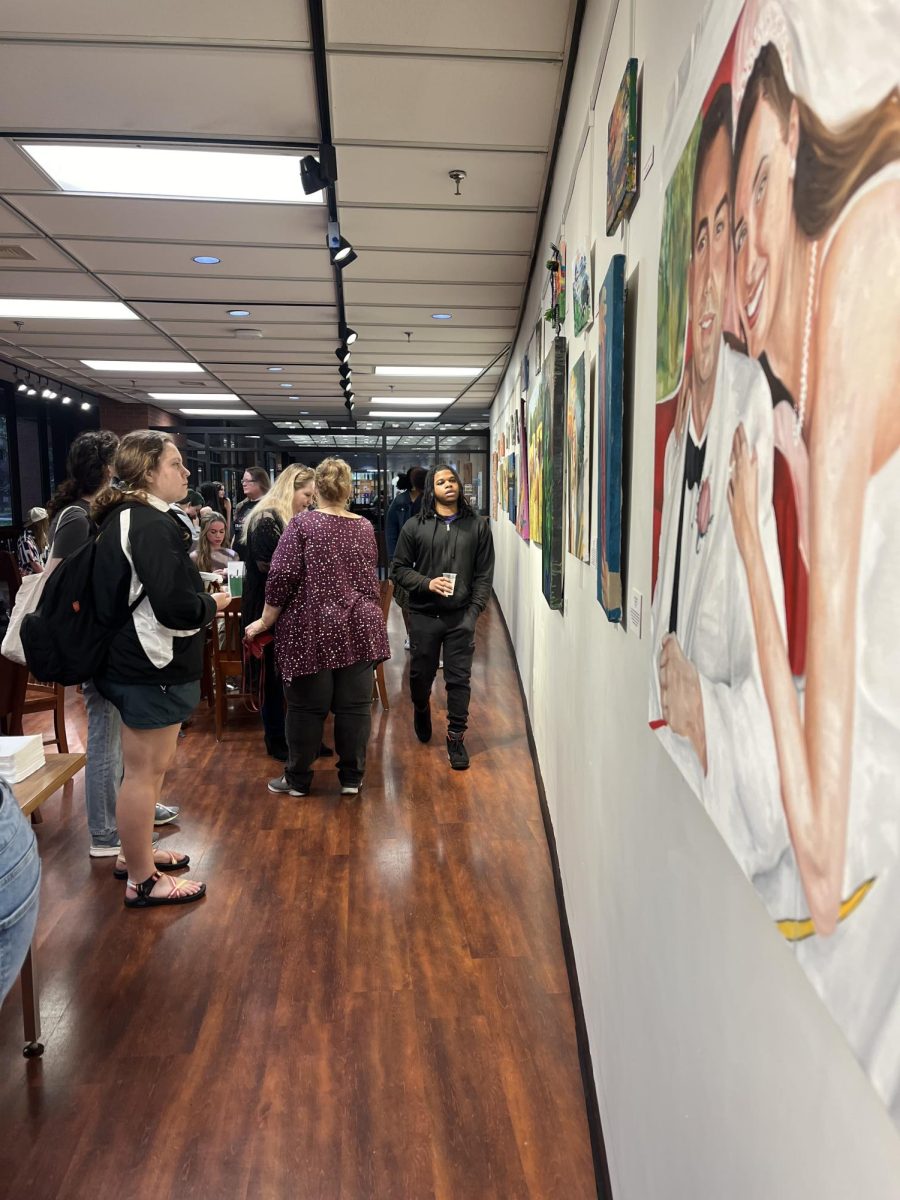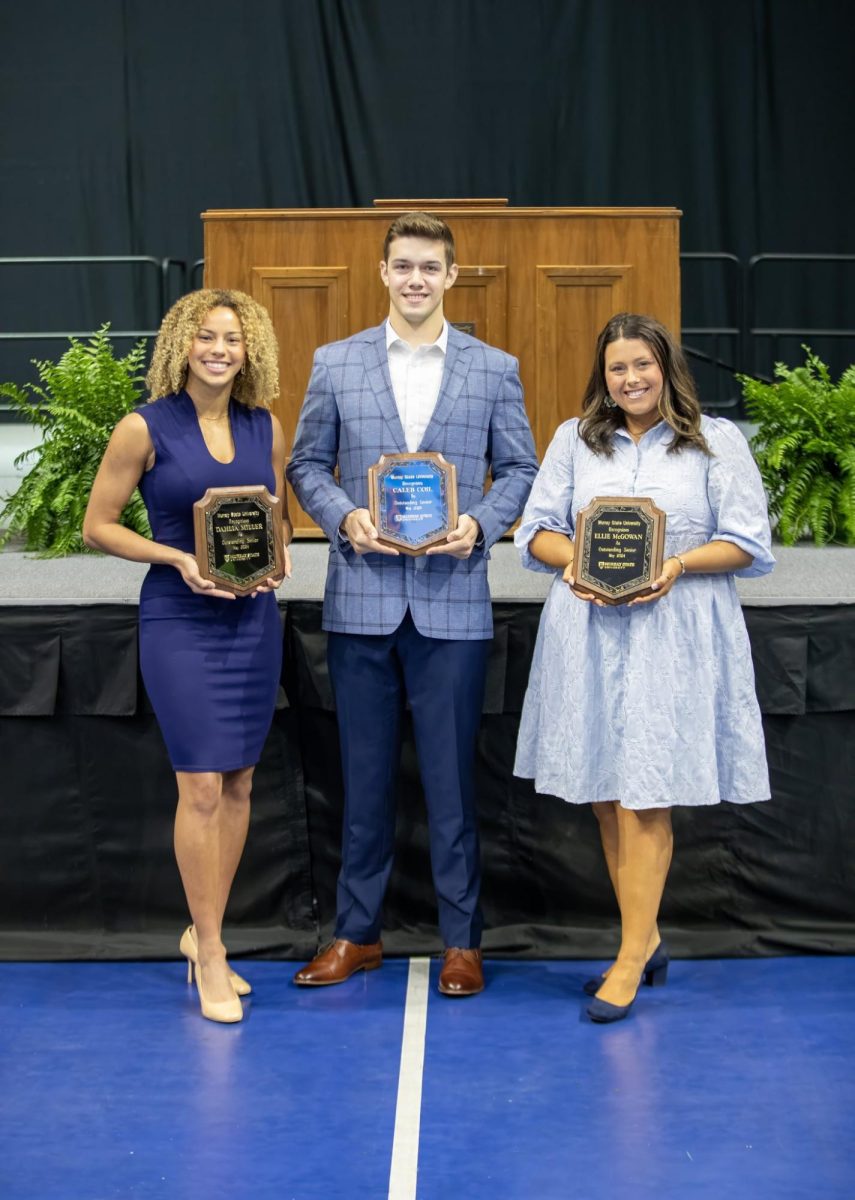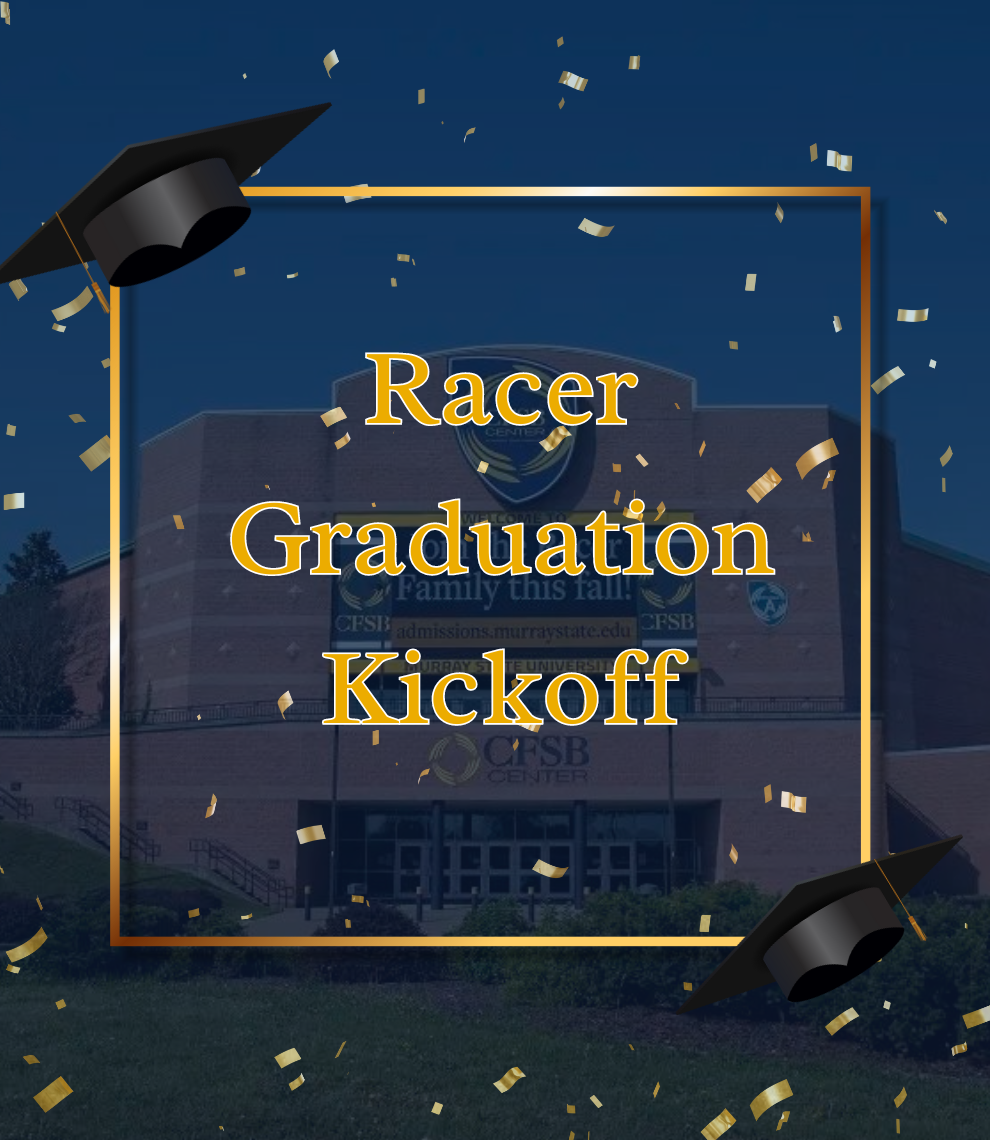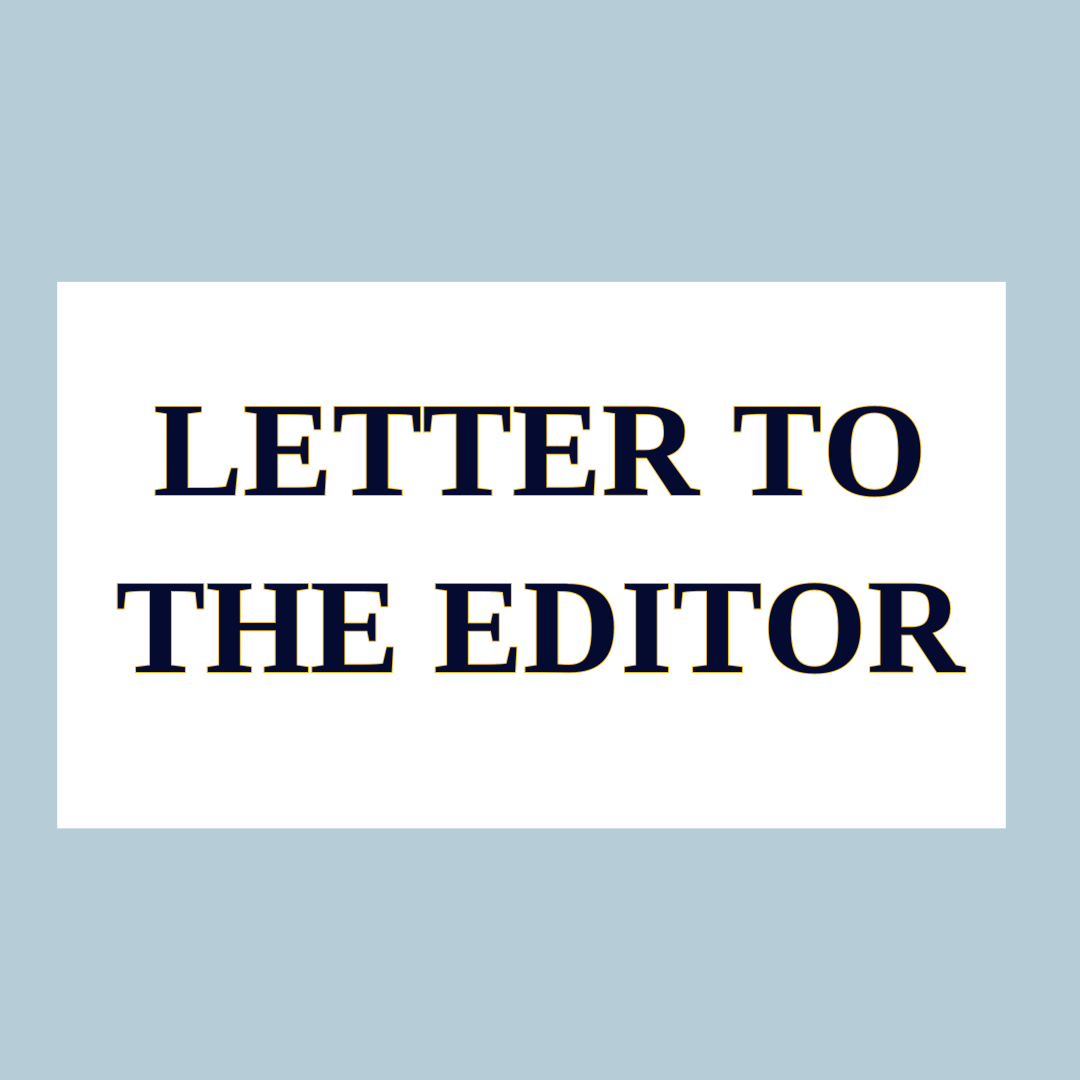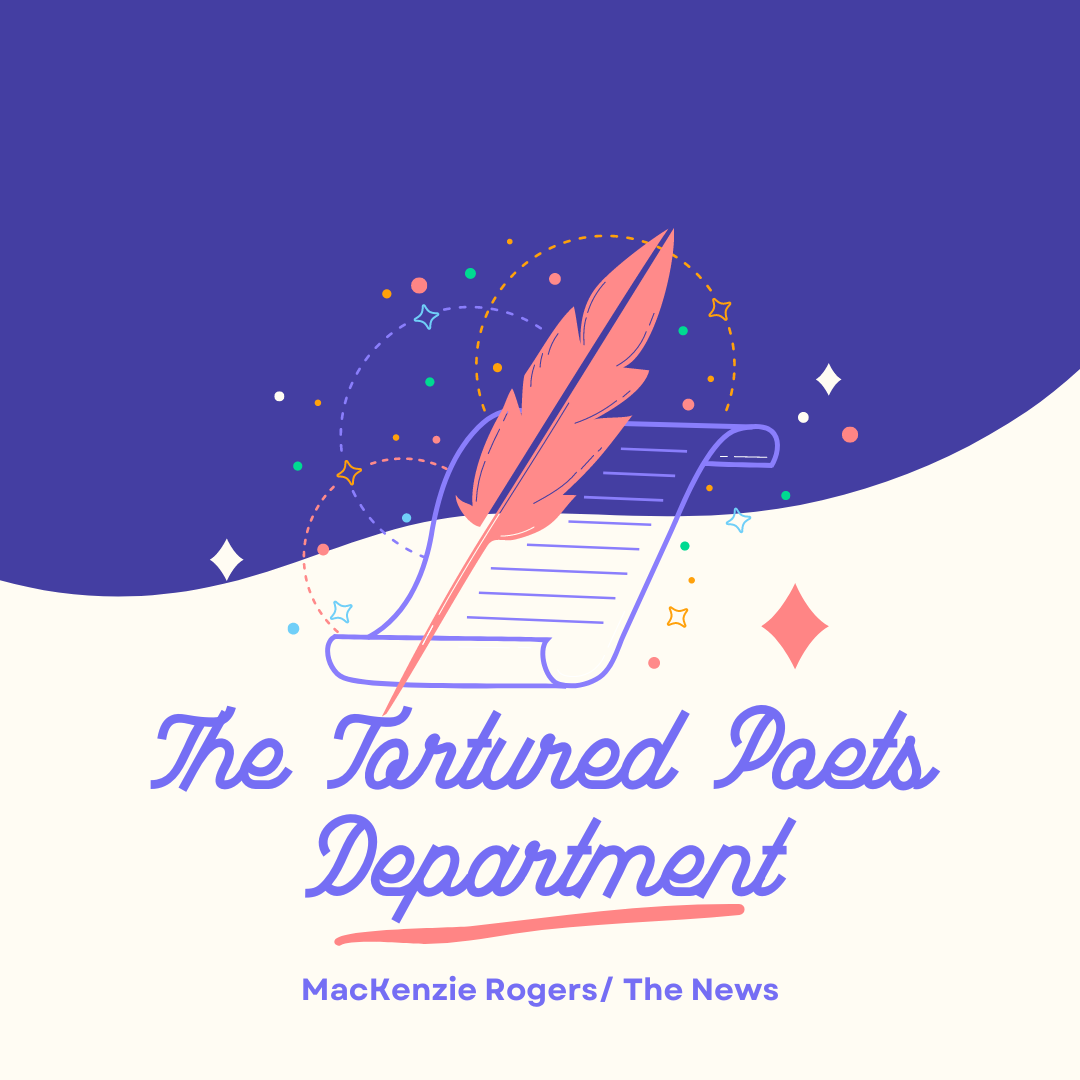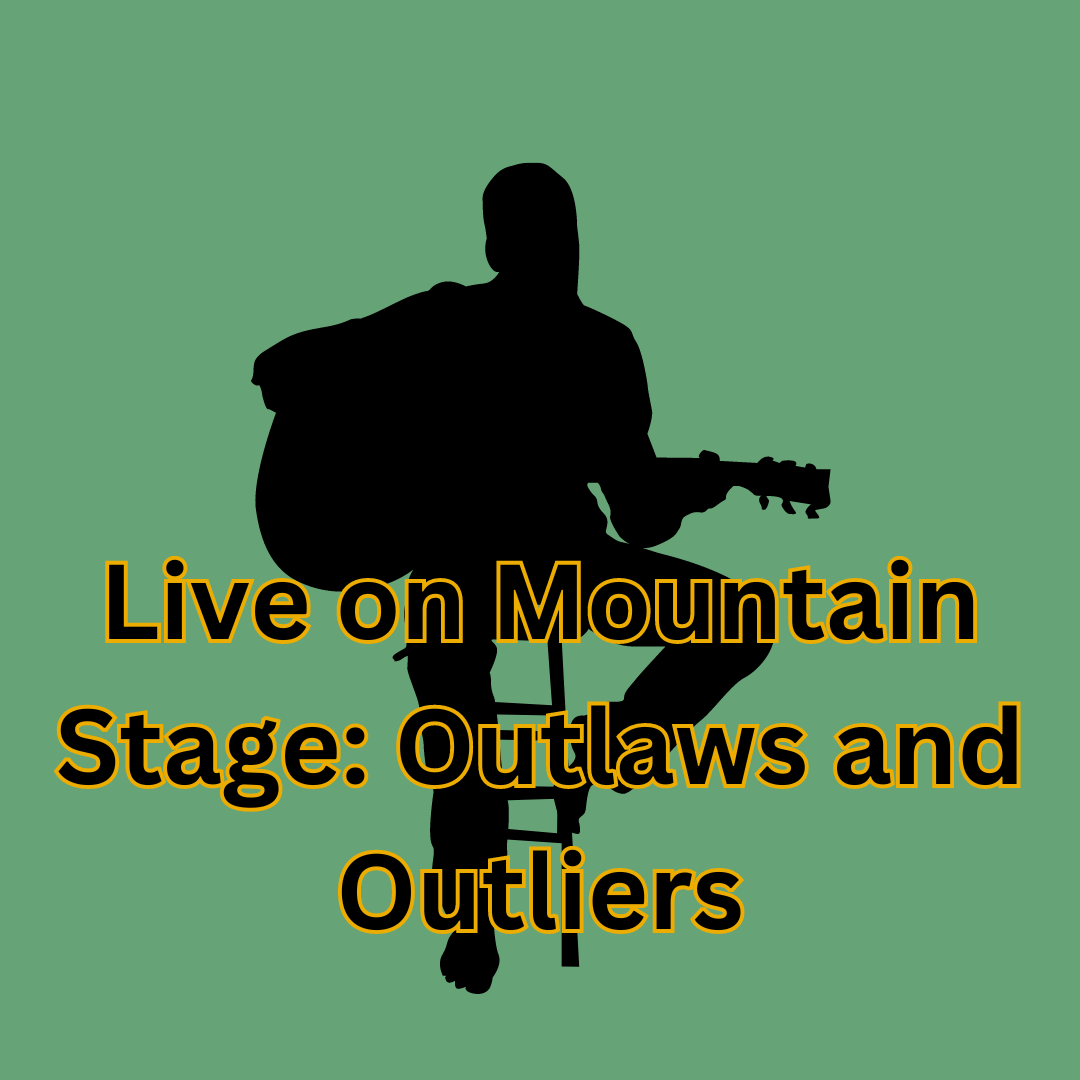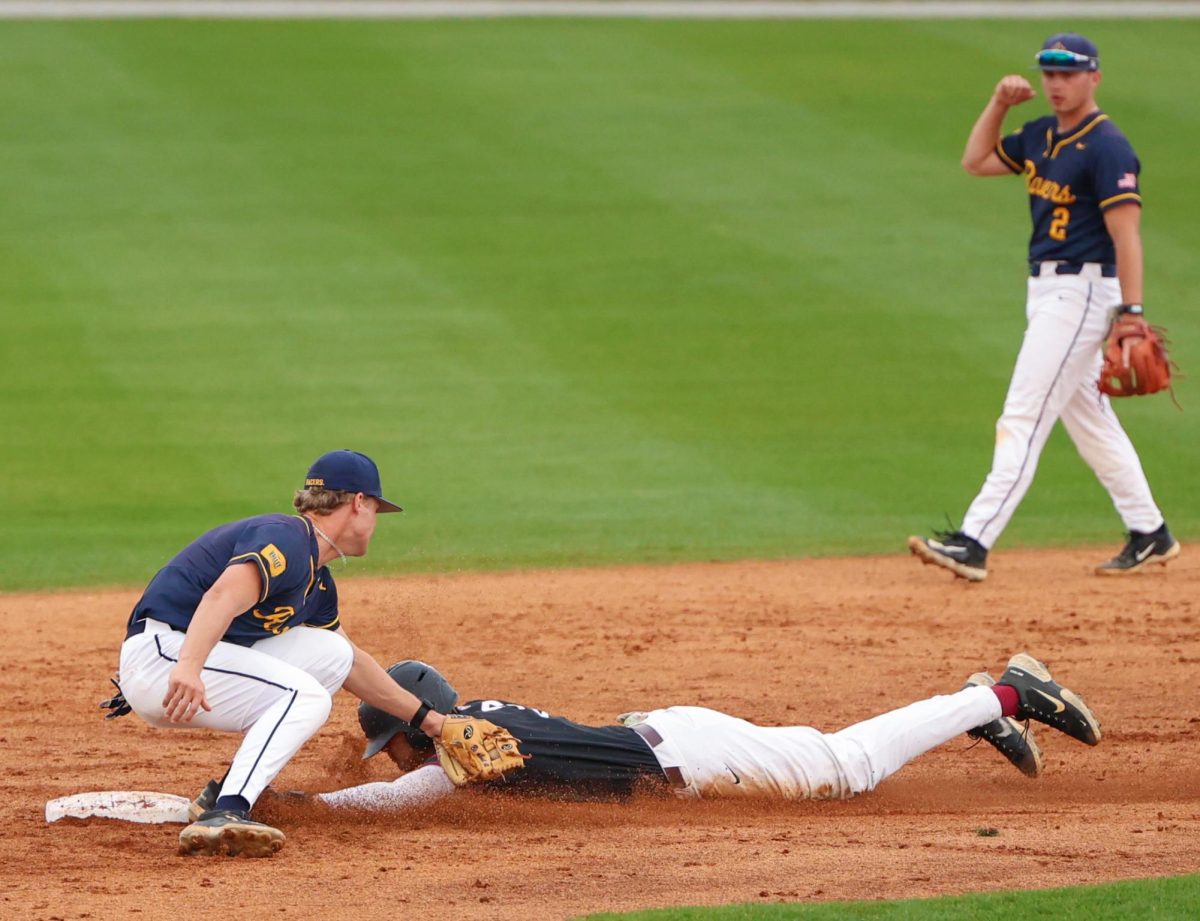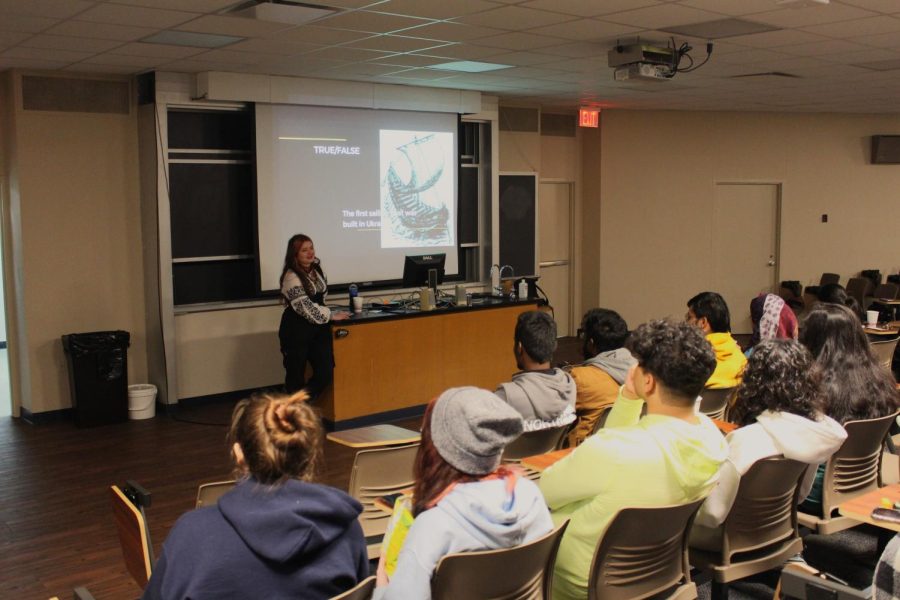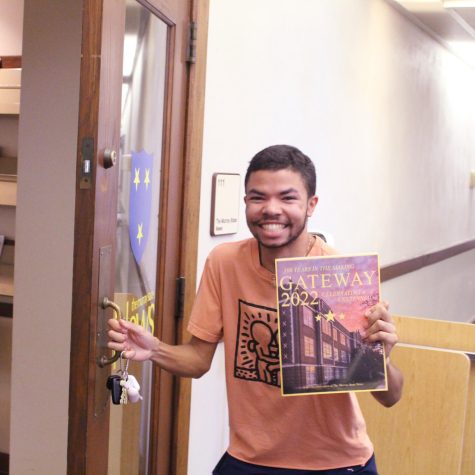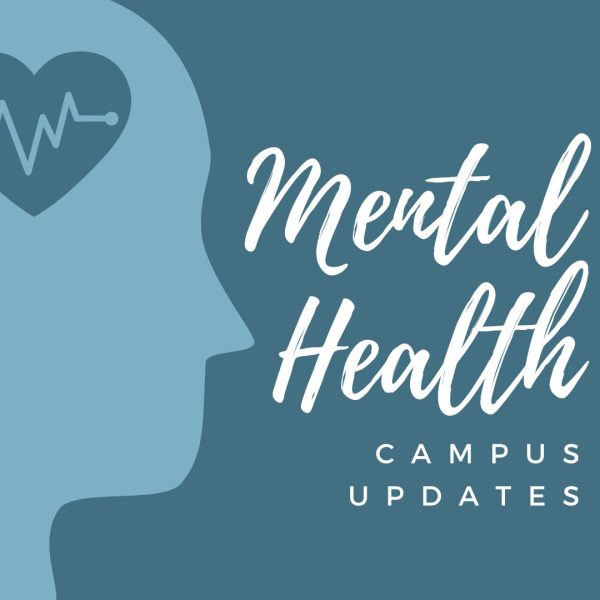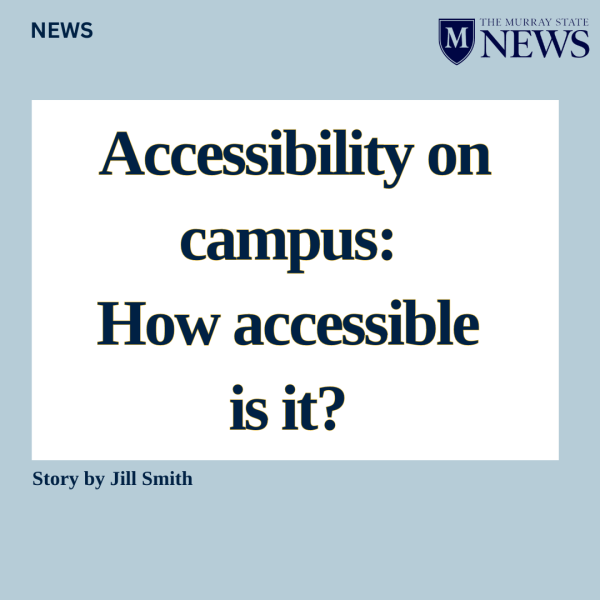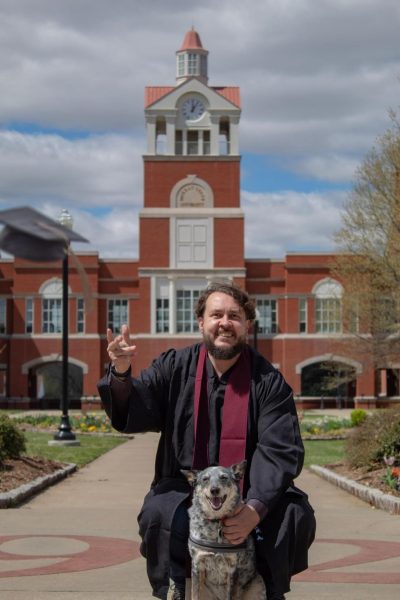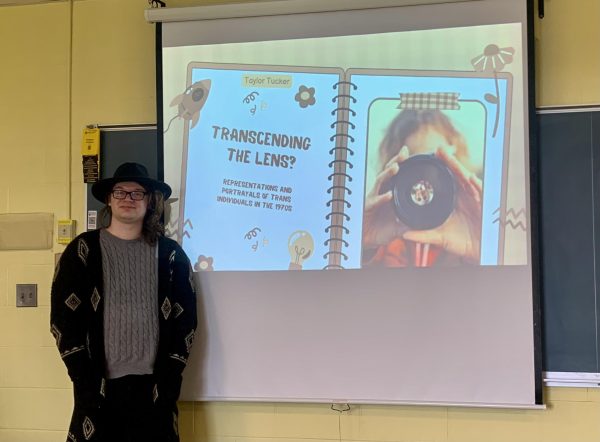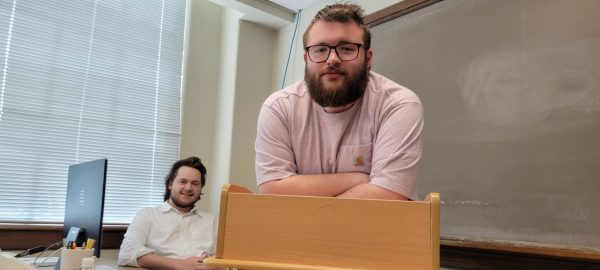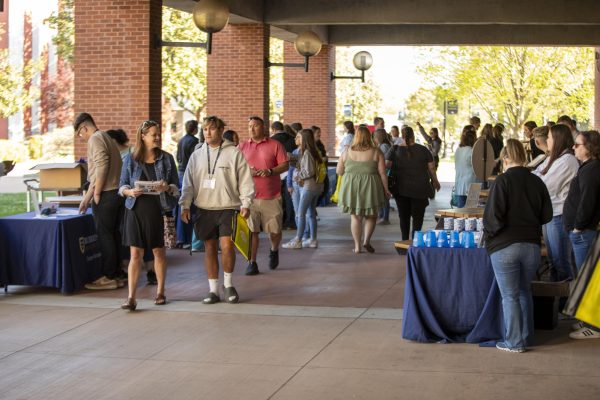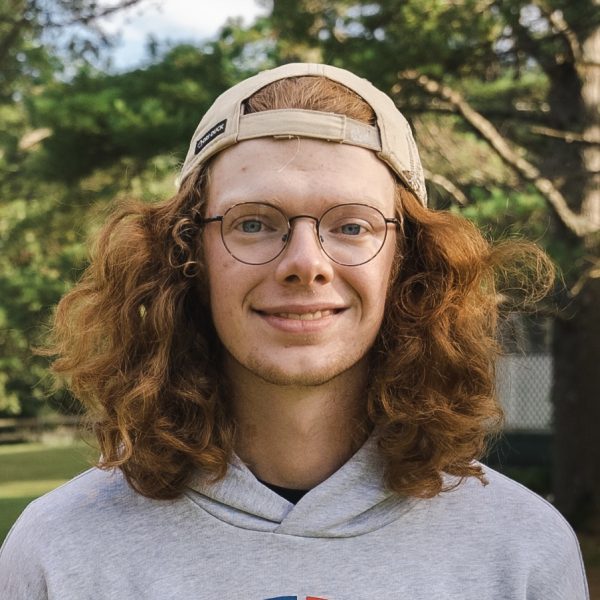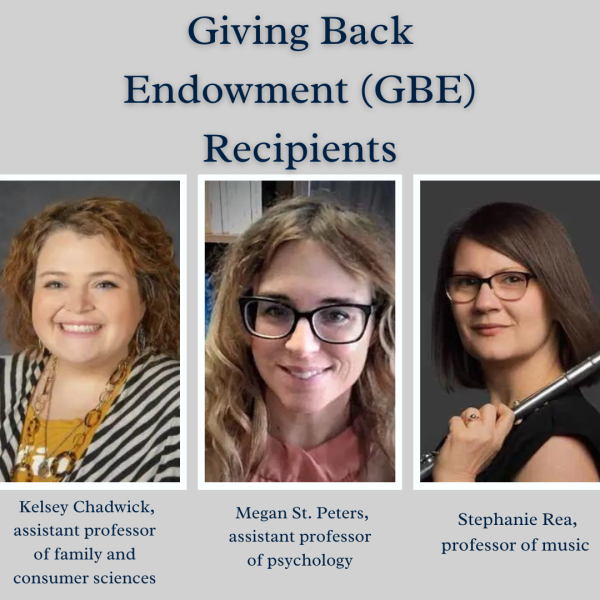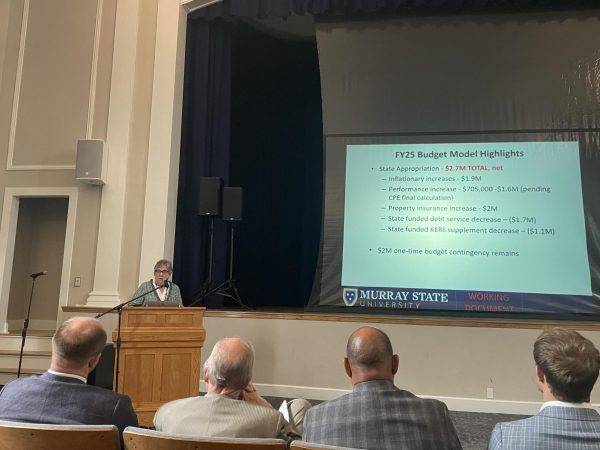Ukrainian student talks war coverage, culture
Ukrainian student, Yaroslava Sudyma hosts a true or false activity before discussing Ukraine’s history (Dionte Berry, The News).
March 16, 2023
A year has passed since Russia launched a full-scale invasion of Ukraine after nearly a decade of ongoing conflict. Ukrainian international student Yaroslava Sudyma hosted an event to teach others about her culture and dispel false language surrounding the war.
Ukraine has been at war with Russia since 2014 after Russian troops invaded Ukraine’s Crimean Peninsula, annexing the territory while Ukraine was protesting against their pro-Russian President Viktor Yanukovych.
The war escalated when Russia invaded and occupied eastern Ukraine on Feb. 24, 2022. Ukrainian President Volodymyr Zelenskyy described the invasion as “Ukraine’s longest day” in an interview with the Associated Press.
Since the invasion, Ukrainian defense has been able to hold off Russian troops, keeping them to the east.
Sudyma hosted “Ukraine Under Siege: Understanding the Current Conflict” with the International Student Organization on Friday, March 10. She said she felt as though it was her responsibility to inform people about Ukraine.
“Most of the people outside Europe hardly ever heard about us before the invasion, and now the only thing they know about is war,” Sudyma said. “Ukraine is much more than that and is much more than what Russian propaganda [is] telling the world.”
Sudyma said her family in western Ukraine is safe; however, both her brother and her stepfather serve in the Ukrainian military.
At the time of the initial invasion, Sudyma was a student studying in Kyiv, Ukraine. She was not in the city at the time, but her mother wasn’t aware. She woke up to a call from her mother, who was worried about Sudyma’s safety during the attacks on the capital.
“I was terrified, Sudyma said. “All of us were. We were aware of Russian troops at the border, but nobody really believed they would invade, or maybe we just didn’t want to believe that.”
While talking about the war, Sudyma debunked Russian propaganda about the war, which largely boiled down to the language used to describe the war and the relationship between Ukraine and Russia.
“It is important to acknowledge who is the aggressor here, so calling it a conflict is wrong,” Sudyma said. “It’s not like somebody arguing, so it’s not right to call it [a conflict].”
Along with discussing terminology, such as “war” and “conflict,” Sudyma reminded event-goers this invasion was not the beginning of the war between Russia and Ukraine but instead the most recent climatic part of the Russo-Ukrainian War timeline.
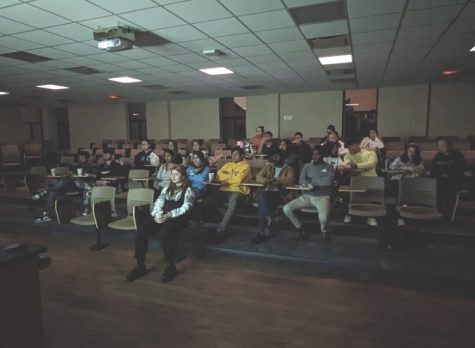
Sudyma highlighted the language she was advising against wasn’t just vocabulary but perspective, citing how news outlets refer to the war as “Putin’s war” after Russian President Vladimyr Putin.
“It is wrong to call it Putin’s war,” Sudyma said. “Putin isn’t killing all of the civilians. Putin isn’t destroying our houses. Putin is not piloting the jets or driving the tanks.”
It is a Russian war, Sudyma said, and she wishes Russians who are against the war would step up and protest against their country’s government.
“Russians could have protested,” Sudyma said. ”There are more than 100 million of them in Russia…and it’s also wrong to call us the brother nation because of Russian propaganda,” Sudyma said. “It gives the idea…we are like some smaller brother to Russia again. It denies our independence, and it also reduces the war to some inside conflict.”
Beyond the war, Sudyma dived into Ukraine’s history and culture, which gave an insight into Ukraine’s history, their fight for independence and the meaning behind their national flag.
“Some people say the Ukrainian flag represents wheat fields—the yellow part—and the sky—the blue part,” Sudyma said.
Overall, Sudyma enjoyed the opportunity to talk about her home and clear up some of the misinformation she sees being reported.
“I just hope that the media will stop listening to and retelling Russian propaganda and Russian points of view,” Sudyma said. “ I wanted to [reach] as many people as I could and share a different, Ukrainian point of view, to share my love for my country, my grief and anger.”


